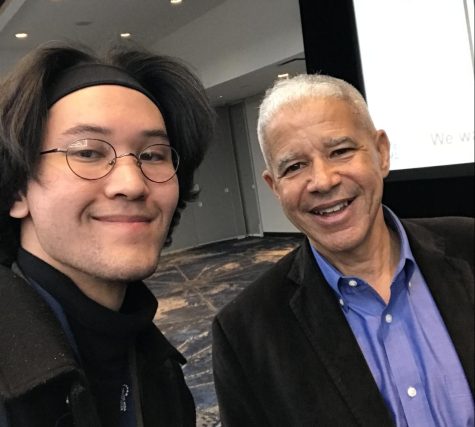Low ticket sales stunt local music scene
March 7, 2019
Many alternative musical artists that set out on tour in the past several years have had a tendency to avoid the San Francisco Bay Area due to the high risk of lowering their tour “grade” or quality assessment, making it harder for them to be booked for future tours.
The San Francisco Bay Area is one of the most popular and highly populated areas in the country, making it a long sought after touring location for musical acts. However, due to a poor local alternative music economy, that is greatly decreasing in grade year by year, the location has become less sought after.
“So cities (markets) are broken down by letter scale- Los Angeles and New York City are A list markets, whereas somewhere like Winnemucca, Nevada, is a D List market,” says Jake Shaw, a former booking agent and talent scout for an alternative record label. “The Bay Area used to be A list, but over the last 15 years our local music economy has gotten pretty bad.”
In essence, there is a smaller market for alternative music. With the rise of new genres popular among younger audiences, there is a high risk-low reward gamble for alternative artists that are heading out on tours to come to the Bay Area.
“The higher your ticket sale percentage is for your tour, the better it looks, so if you play a lower tier market that doesn’t sell many tickets, your percentage goes down. Better idea to just skip a potentially bad turnout,” Shaw said.
Without the assurance of getting a decent turnout and good ticket sales, alternative artists would prefer more profitable regions and stronger markets, such as Los Angeles, Sacramento, Portland, or Seattle.
The Bay Area was once the location of the rise of multiple alternative genres, such as the thrash metal movement of the early 1980s, or the punk movement of the mid-1990s. With the rise of other genres as well as other cultural shifts, the concert-going audience of the Bay Area is not as interested in many alternative acts.
“I would say the Bay is a B or C list market now,” Shaw says.
















